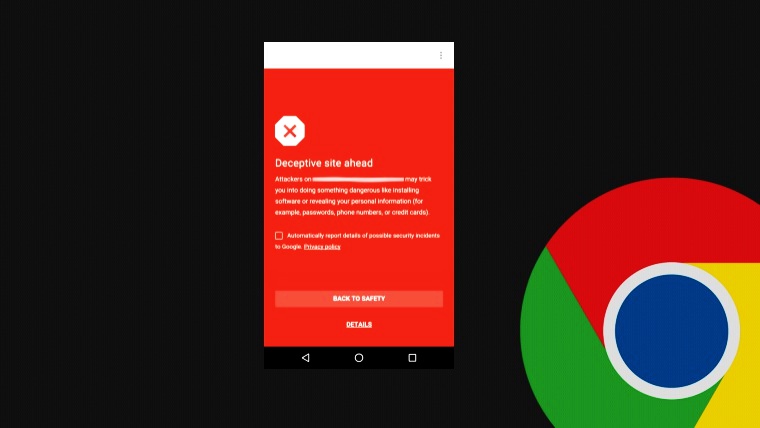Spyware developer firm Cytrox is under Google’s radar for developing exploits against five 0-day flaws in Android and Chrome.
On Thursday, May 19th, Google’s Threat Analysis Group (TAG) reported that spyware developer/vendor Cytrox had developed exploits against five zero-day vulnerabilities to target Android users with spyware.
According to the details shared by TAG, threat actors are using the infamous Predator spyware in three different campaigns. Predator was previously analyzed in a report from the University of Toronto’s Citizen Lab.
0-days used with n-days to Deploy Spyware
The exploits are developed for four Chrome 0-days and one Android 0-day flaw. In their blog post, TAG researchers Clement Lecigne and Christian Resell explained that the 0-days are used in conjunction with n-day exploits.
Moreover, the attackers are trying to benefit from the time difference between the patching of some critical bugs, which weren’t declared severe security issues, and “when these patches were fully deployed across the Android ecosystem.”
Spyware Details
According to Google, the North Macedonian-based commercial surveillance firm Cytrox has packaged and sold the exploits to different state-backed threat actors in Greece, Egypt, Serbia, Madagascar, Indonesia, Spain, Côte d’Ivoire, and Armenia.
It is alleged that the buyers have used these bugs in at least three campaigns so far. The Predator spyware is similar to NSO Group’s Pegasus spyware, allowing threat actors to penetrate Android and iOS devices.
About the Three Campaigns using Predator
TAG examined three campaigns and concluded that attackers send one-time URLs to Android users through spear-phishing emails. These links are shortened using a common use URL shortener while the attackers target only a handful of victims. When users click on this malicious URL, they are redirected to a malicious webpage that automatically deploys the exploits and redirects them to a legitimate website.
Once there, the attackers deploy Alien Android malware that loads Cytrox’s Predator. In case the shortened link doesn’t work, the victim is directly taken to the legit website.
List of Exploits
Here’s the list of the 0-day flaws exploited by attackers in Chrome and Android:
- CVE-2021-1048
- CVE-2021-37973
- CVE-2021-37976
- CVE-2021-38000
- CVE-2021-38003
The primary aim of attackers behind this operation is distributing Alien malware that is a precursor for deploying Predator spyware onto infected devices. It receives commands from Predator through an IPC (inter-process communication) mechanism and can record audio, hide apps, and add CA certificates to evade detection.
The first campaign was launched in August last year on Google Chrome, targeting the Samsung Galaxy S21 device. One month later, the second campaign targeted an updated Samsung Galaxy S10, while the third was detected in October 2021.
More Android Spyware News
- Fake Android Banking Apps Stealing Credentials Via Malware
- BRATA Android malware factory resets phones after stealing funds
- TangleBot Android malware hijacks phone to steal login credentials
- New Android malware TeaBot found stealing data, intercepting SMS
- New Russian Android Malware Tracks GPS Location and Spies on Victims









